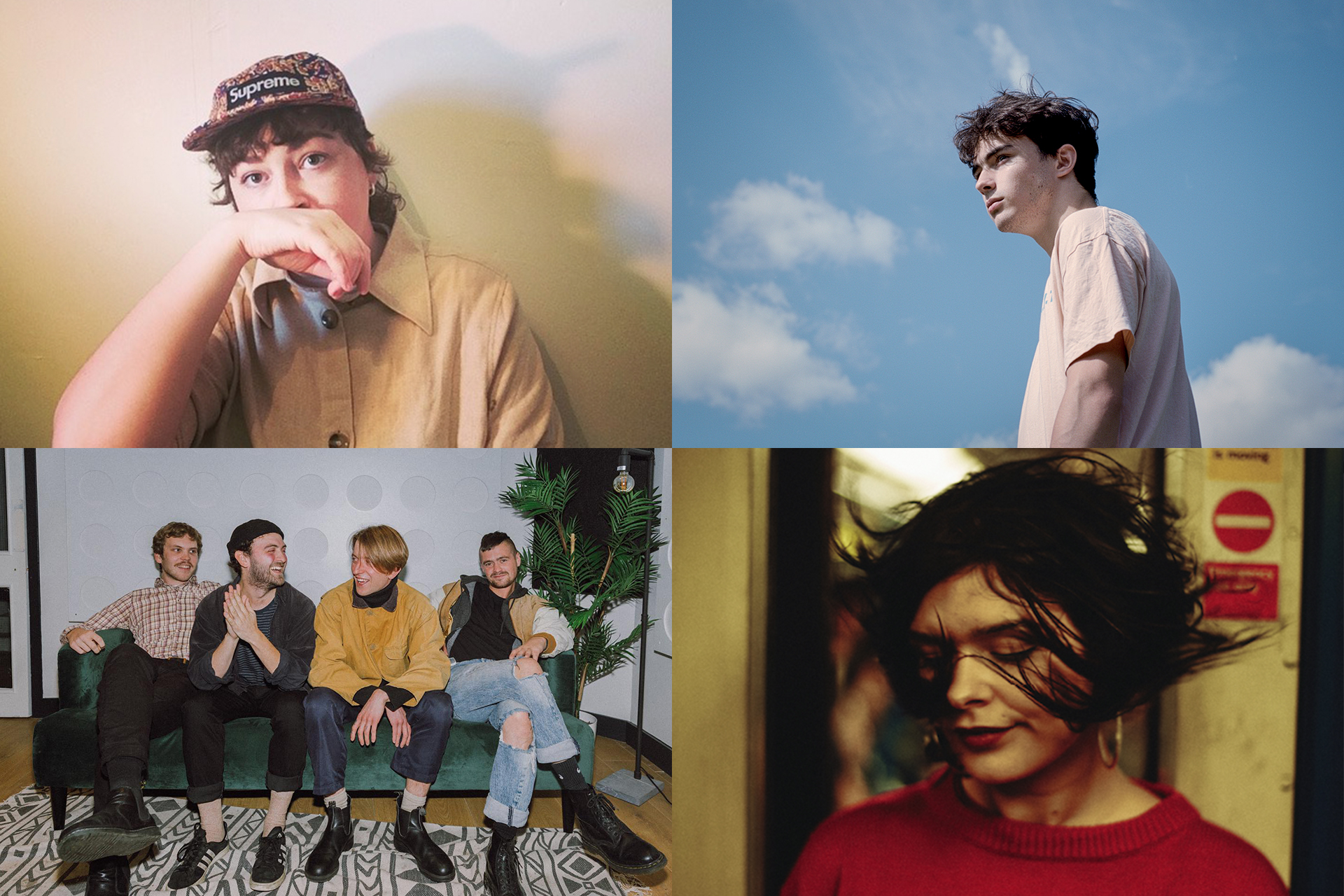“I started on a tablet chemo treatment,” she tells me. “And I’ve only just got on the right dose now. It’s trying to pull your immune system back enough for it to stop attacking itself, and allow your body to heal. It’s pretty dangerous – you have to have blood tests every two weeks, any mild cold you’re straight on antibiotics.
“For the first few months I couldn’t sleep. My mum has stage four cancer too, so two out of three of the family are really vulnerable. When you’re dealing with that level of threat, you can clash with the other people around you when you’re trying to find boundaries. And when you’re out, there’s a real assumption that if you’re young, you’re fine – people just walk up to you.”
For indie-pop artist Bessie Turner, establishing such boundaries and navigating everyday life has been similarly tricky the past few months. “I spent lockdown in a flat in Highbury – me and my boyfriend were shielding. He took it so seriously, quite insistent on me not going out, and if I did, it was sunglasses, scarf, hat, don’t touch anything.”
The pandemic hit in the middle of a particularly turbulent period for Turner’s health. Having suffered from various urological conditions in her childhood and adolescence, at the beginning of 2019 she contracted a particularly dangerous case of sepsis, and was hospitalised.
“I was in intensive care, and very close to death. And it was all caused by kidney problems. I’m really prone to cystitis, a urine infection, and it travels up through my bladder to my kidneys. And I power through until I collapse and get very ill. My immunity and blood just aren’t very strong.”
